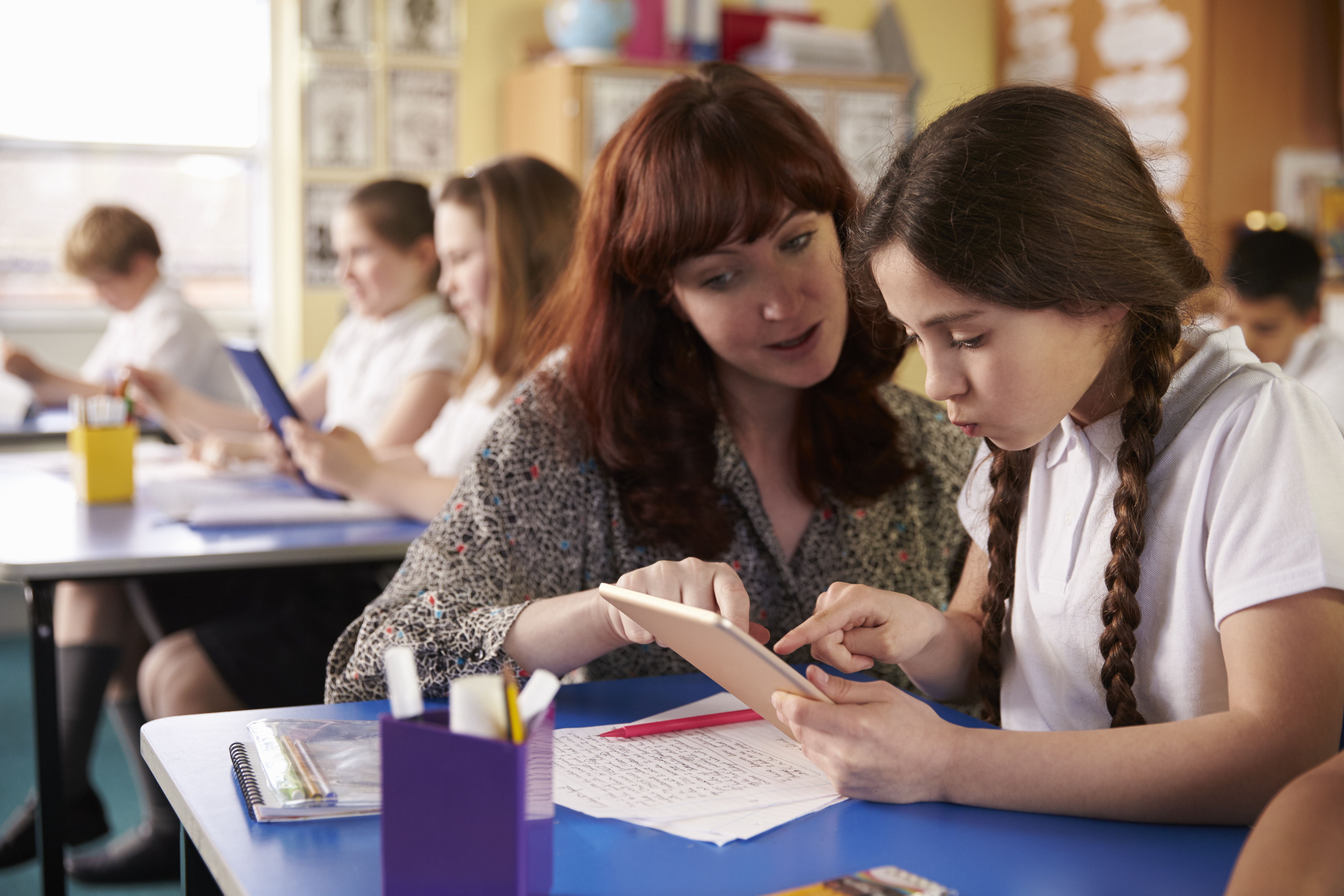Is your classroom truly inclusive? Unlocking potential for sensory impaired learners

Author Maria Buttuller
Date 17th Oct 2024
0 comments
According to the RNIB, over 35,000 children and young people in the UK have a vision impairment. The National Deaf Children's Society reports that there are over 50,000 deaf children in the UK.
While these statistics seem as low incidence to some, they also underscore the importance of adapting our classrooms to meet diverse sensory needs. The good news is, by making thoughtful adaptations to the classroom environment, we can significantly enhance the learning experience for students with visual and hearing impairments:
Practical Strategies for Classroom Adaptation
For Students with Visual Impairments:
- Reduce Clutter: Keep walkways clear and organise materials consistently.
- Optimise Lighting: Use matt laminating pouches to reduce glare on printed materials.
- Enhance Contrast: Use high-contrast colours for important information and signage.
For Students with Hearing Impairments:
- Manage Acoustics: Use soft furnishings to absorb echoes and minimise background noise.
- Strategic Seating: Position students where they can best see and hear the teacher and classmates.
- Visual Supports: Incorporate visual aids to complement verbal instructions.
Overcoming Common Challenges
Teachers often worry about the time and resources needed for adaptations. However, many effective strategies are simple and cost-effective. For instance:
- Use colour-coding systems for organisation
- Provide written summaries of key points
- Ensure good lighting throughout the classroom
The Impact of an Adapted Classroom
By implementing these strategies, teachers can create an environment where all students feel valued and supported. This inclusive approach not only benefits students with sensory impairments but enhances the learning experience for the entire class.
Remember, small changes can make a big difference. By adapting our classrooms, we're not just improving accessibility – we're fostering an inclusive culture that celebrates diversity and promotes equal opportunities for all students.
Enhance Your Skills in Supporting Sensory Needs
To support educators in creating inclusive environments, OLT offers tutored online courses in sensory needs, including Visual Impairment (VI), Hearing Impairment (HI), and Multi-Sensory Impairment (MSI).
Local authorities and Sensory support services can also join our comprehensive school staff training and mentoring programme.
Tags


There are no posts for this topic yet